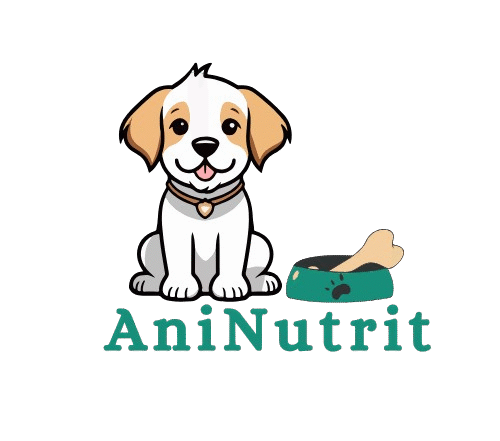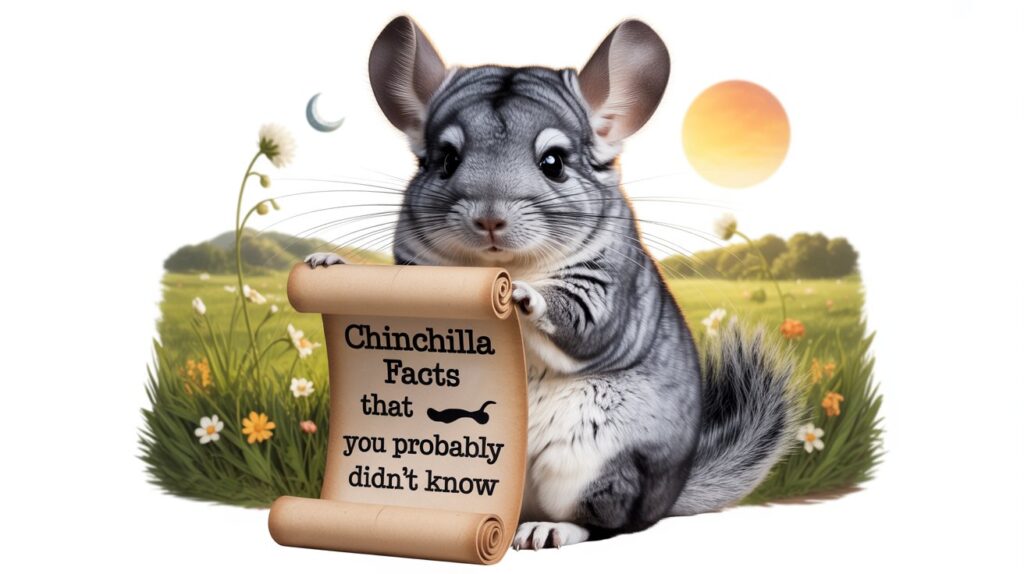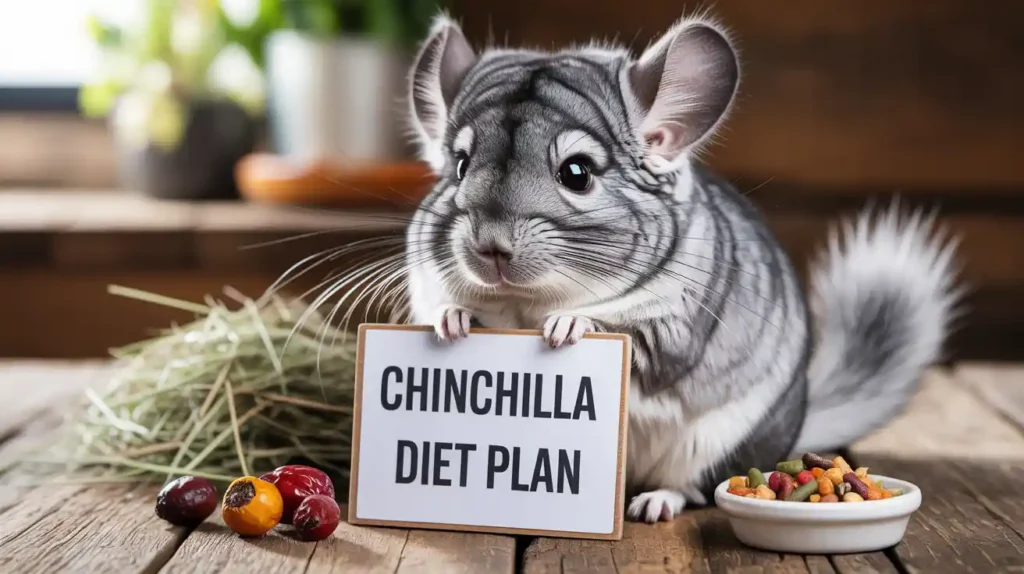Chinchillas are small, adorable pets that many people love to keep at home. They are playful, fluffy, and need proper care, especially when it comes to food. One common question chinchilla owners ask is: Can chinchillas eat cucumbers?
The answer is a little tricky. Yes, chinchillas eat cucumbers, but only in very small amounts and not very often. Cucumbers are high in water, and chinchillas have sensitive stomachs. Too much water can upset their digestion and cause health problems.
In this guide, we will explore whether cucumbers are safe for chinchillas, the benefits and risks, how much they can eat, and some fun cucumber-based recipes (made safe for chinchillas).
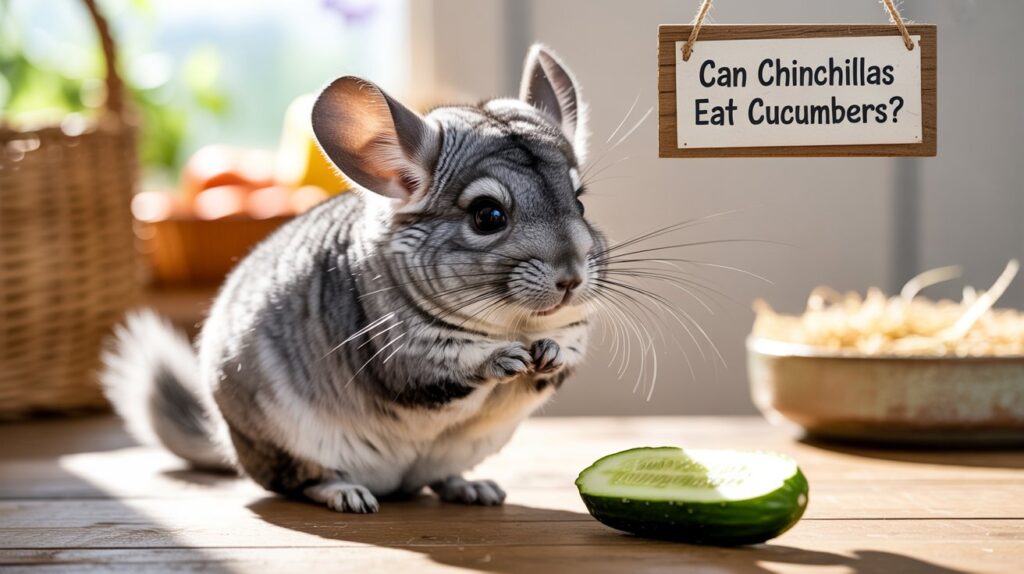
What is the Natural Value of Cucumbers and chinchillas eat cucumbers?
Chinchillas are small, gentle animals that need a special diet to stay healthy. Their main food should always be high-quality hay and chinchilla pellets. However, pet owners often wonder if they can add fresh vegetables like cucumbers to their chinchilla’s diet. Cucumbers are a common vegetable in human diets, but what is their natural value for chinchillas? Let’s explore the benefits, risks, and nutrition of cucumbers for these delicate pets.
1. Nutritional Profile of Cucumbers
Cucumbers are made up of about 95% water, making them a very hydrating vegetable. They contain:
Vitamins: Vitamin K, Vitamin C, and small amounts of Vitamin A.
Minerals: Potassium, magnesium, and manganese.
Fiber: A small amount of dietary fiber that helps digestion.
Calories: Very low in calories and sugar, making them light snacks.
For humans and animals chinchillas eat cucumbers are refreshing and help with hydration. But chinchillas have a very sensitive stomach, and not every nutrient in cucumbers is useful for them.
2. Hydration Value of Cucumbers for Chinchillas
The most obvious natural value of cucumbers is hydration. Because they are mostly water, they can provide a quick source of fluids.
Positive Side: A very small slice of cucumber can help during hot weather if a chinchilla is at risk of dehydration.
Negative Side: Too much water can upset a chinchilla’s digestion, leading to diarrhea, bloating, or stomach cramps. Their gut is designed for dry, fibrous food like hay, not watery vegetables.
So, while cucumbers have hydration value, they must be given in very tiny amounts, and only occasionally.
3. Vitamins and Minerals in Cucumbers
Cucumbers contain some beneficial nutrients:
Vitamin K – Helps with blood clotting and bone strength.
Vitamin C – Supports immunity, though chinchillas already produce their own Vitamin C naturally.
Potassium – A mineral that supports muscle and heart health.
Even though cucumbers do carry these nutrients, the amounts are too small to make a big difference in a chinchilla’s diet. Chinchillas already get enough vitamins and minerals from hay and pellets. That means cucumbers are not a necessary food, but only an optional treat.
also read : Can Chinchilla Eat-Blue Barries.
4. Fiber Content and Digestive Value
Chinchillas need a lot of fiber to keep their digestive system running smoothly. Hay is the best source of fiber for them. Cucumbers have a little fiber, but not enough to be useful.
Good Side: The skin of cucumbers has some fiber, which can slightly help digestion.
Bad Side: The soft watery flesh can cause loose stools if given in larger portions.
This shows that cucumbers are not a reliable fiber source for chinchillas and should not replace hay.
5. Risks of chinchillas eat cucumbers?
While cucumbers do have natural values, there are also risks:
High Water Content: Can cause diarrhea or bloating.
Digestive Sensitivity: Chinchillas cannot handle too many fresh vegetables.
Unnecessary Nutrients: Most vitamins in cucumbers are not required in extra amounts for chinchillas.
Obesity Risk (if overfed): Although cucumbers are low in calories, frequent feeding of vegetables may cause digestive imbalance.
Because of these risks, cucumbers should only be offered as a rare snack, not a daily food.
6. How Much Cucumber Can a chinchillas eat cucumbers?
If you want to give your chinchilla a cucumber treat, follow these safe rules:
Offer only a thin slice (about the size of a fingernail) once in a while.
Always remove the seeds, as they may be hard to digest.
Do not feed cucumber every day. Once every 1–2 weeks is enough.
Make sure the cucumber is fresh, washed, and pesticide-free.
This way, your chinchilla gets the refreshing taste without health problems.
7. Better Alternatives to Cucumbers
While cucumbers can be given sometimes, there are better treats for chinchillas eat cucumbers that provide more natural value:
Rose hips (Vitamin C rich and safe).
Dried herbs (like dandelion or chamomile).
Apple sticks (help wear down teeth).
Small dried fruits (like a raisin, but only rarely).
These options give chinchillas more benefits without the risks of watery vegetables.
Also read about: Can Chinchillas Eat oranges?
Why Diet Is So Important for Chinchillas?
Chinchillas are herbivores, which means they eat plants. But their diet is not the same as other pets like rabbits or guinea pigs. Chinchillas need:
High fiber from hay (like timothy hay).
Limited pellets for extra nutrients.
Fresh water daily.
Occasional treats like dried herbs, flowers, or small pieces of safe vegetables and fruits.
Because their digestive system is sensitive, not all vegetables are safe. That’s why it’s important to ask before giving foods like cucumbers.
Nutritional Value of Cucumbers
Here’s what cucumbers contain (per 100 grams):
Water: 96 g
Calories: 15
Fiber: 0.5 g
Vitamin K: 16 mcg
Vitamin C: 2.8 mg
Potassium: 147 mg
While cucumbers have some vitamins, they don’t provide enough fiber or energy for chinchillas. That’s why hay and pellets must remain the main diet.
Benefits of Cucumbers for Chinchillas (In Small Amounts)
Even though cucumbers are not a superfood for chinchillas, they do have a few benefits if given in moderation:
Hydration – A little cucumber can help during very hot days.
Low calories – They are not fattening.
Small amount of vitamins – Like Vitamin K and C.
Refreshing taste – Many chinchillas enjoy the crunch.
Risks of Feeding Cucumbers to Chinchillas
Unfortunately, the risks are higher than the benefits if given too often:
Too much water → leads to diarrhea.
Low fiber → can upset digestion.
Not filling → chinchillas may eat less hay.
Possible pesticides → always wash cucumbers well.
How Much Cucumber Can a Chinchilla Eat?
Offer only a thin slice (about 1–2 cm).
Give it only once every 1–2 weeks.
Watch for signs of upset stomach afterward.
If your chinchilla shows soft stool or bloating, stop giving cucumbers immediately.
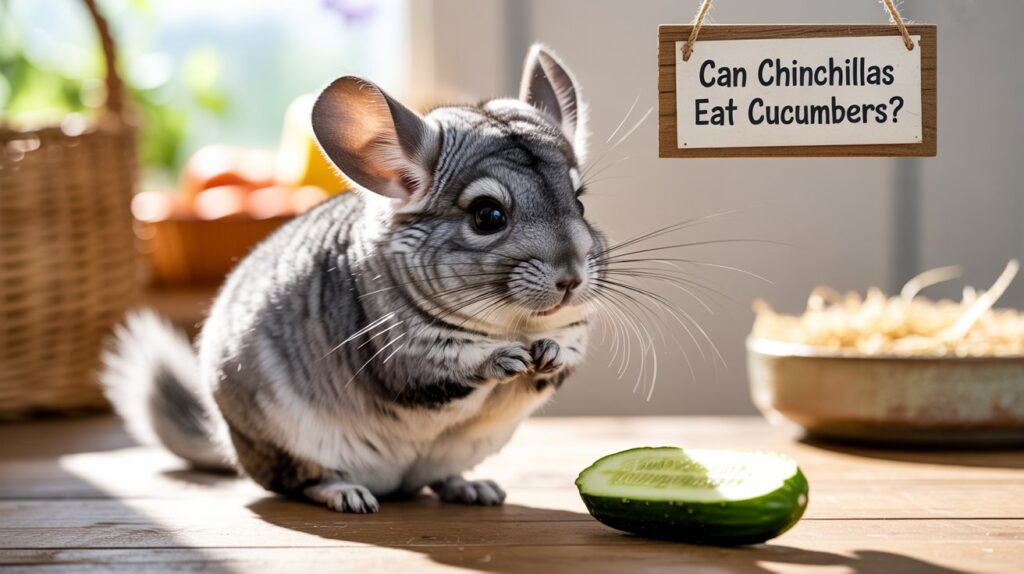
10 Safe Cucumber Recipes for Chinchillas
Here are 10 cucumber snack ideas that are safe in very small amounts. Remember: cucumbers should never replace hay or pellets.
1. Cucumber Slice Treat
Thin slice of cucumber.
Give plain, fresh, and raw.
2. Cucumber with Dried Rose Petals
One thin cucumber slice.
Sprinkle with a few dried rose petals (safe for chinchillas).
3. Cucumber and Apple Mix
Tiny slice of cucumber.
Add a pea-sized piece of apple.
4. Cucumber with Parsley Leaves
Small cucumber slice.
Add 1–2 fresh parsley leaves.
5. Cucumber and Carrot Chip
One thin cucumber slice.
Pair with a small carrot shaving.
6. Cucumber with Dandelion Leaves
Cucumber slice.
Add a few clean dandelion leaves (safe and fibrous).
7. Cucumber Frozen Ice Cube (Summer Treat)
Blend cucumber with water.
Freeze in tiny ice cube trays.
Give half a cube on very hot days.
8. Cucumber with Basil
Slice of cucumber.
Add a fresh basil leaf.
9. Cucumber Salad for Chinchillas
Tiny cucumber slice.
Mix with small amounts of parsley and apple.
10. Cucumber with Mint
Slice of cucumber.
Place a mint leaf on top.
Important: These recipes should be given only once in a while, not daily. Always keep servings tiny.
Tips for Feeding Cucumbers Safely
Wash cucumbers well to remove pesticides.
Remove seeds if possible.
Cut into very thin slices.
Never feed cucumber pickles (too salty and acidic).
Monitor your chinchilla after trying new foods.
Better Alternatives to Cucumbers
While cucumbers are okay sometimes, there are safer daily treats:
Dried herbs (chamomile, rosemary, mint).
Small amounts of dried rose hips.
Tiny piece of apple or pear (occasionally).
Hay-based treats.
Conclusion
So, can chinchillas eat cucumbers? Yes, but only in small amounts and rarely. Cucumbers are refreshing and safe as an occasional snack, but they should never replace hay or pellets. Chinchillas need a high-fiber diet to stay healthy, and too much cucumber can upset their stomach.
As a responsible pet owner, always remember: moderation is key. A thin cucumber slice once in a while is fine, but hay should always come first.
FAQs
1. Can chinchillas eat cucumber every day?
No, they should not eat cucumbers daily. Too much water causes stomach upset.
2. Can baby chinchillas eat cucumbers?
No, avoid cucumbers for baby chinchillas under 6 months.
3. Can chinchillas eat cucumber skin?
Yes, but only if washed very well. The skin may have pesticides.
4. Can chinchillas eat cucumber seeds?
It’s best to remove the seeds because they may cause gas.
5. How often can I feed cucumbers to my chinchilla?
Only once every 1–2 weeks.
6. Can cucumbers replace hay for chinchillas?
Never. Hay is the most important food for chinchillas.
